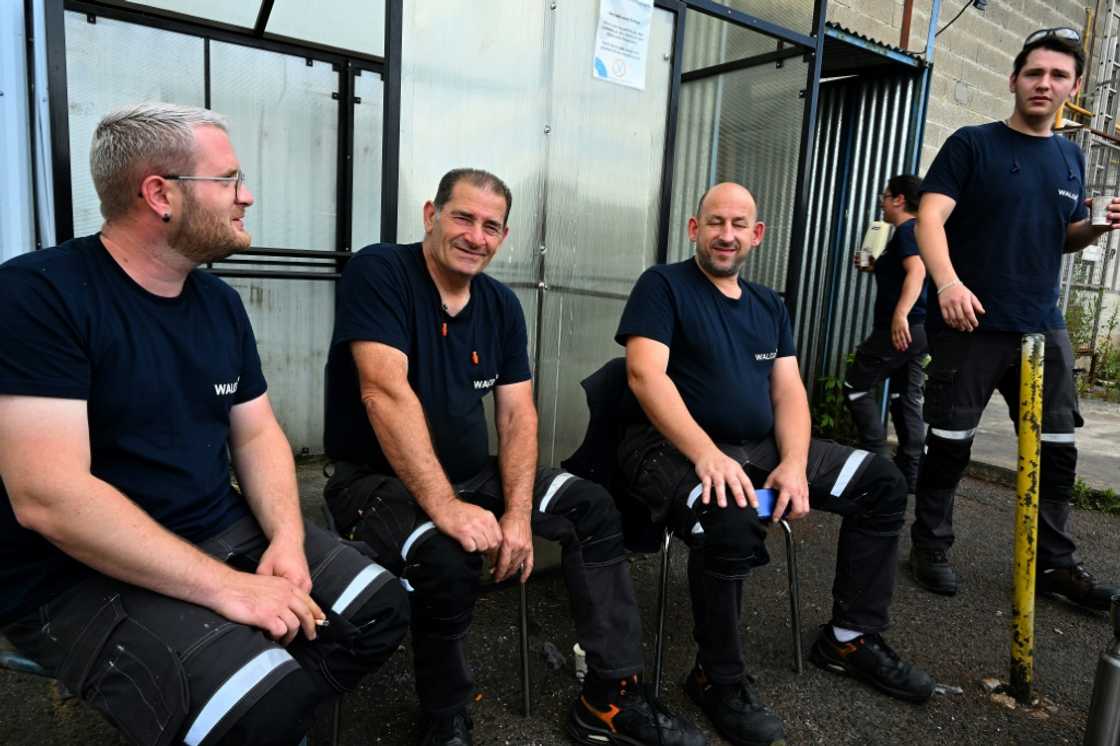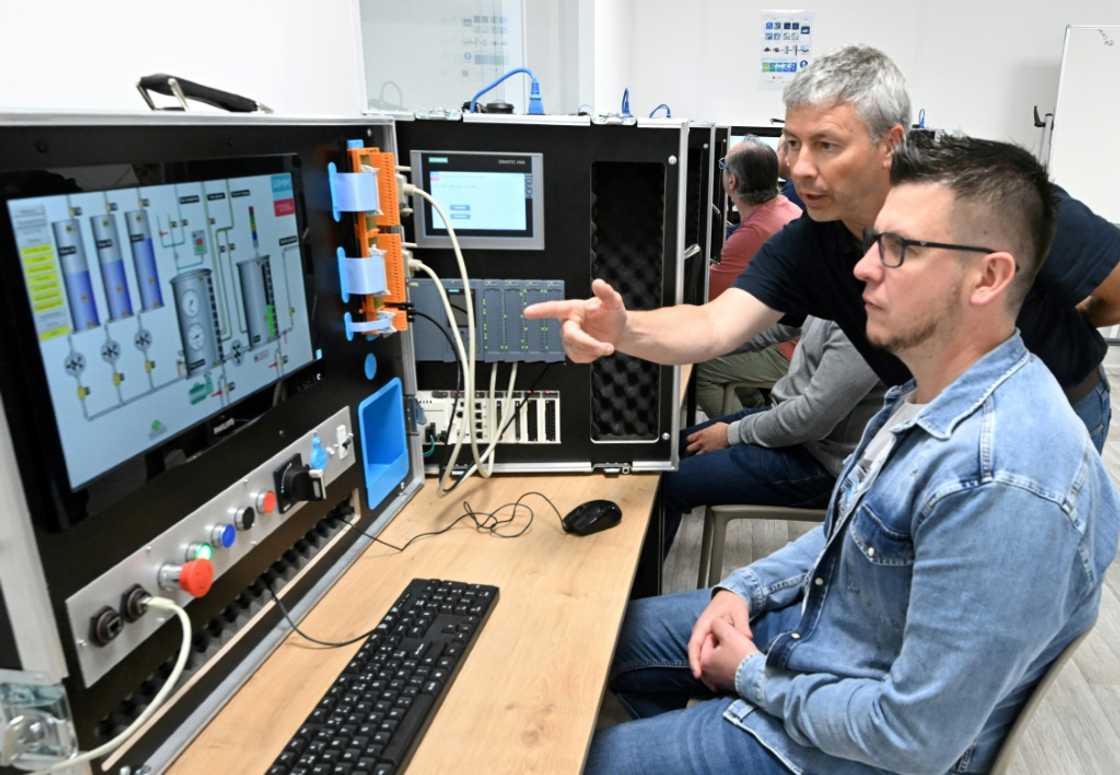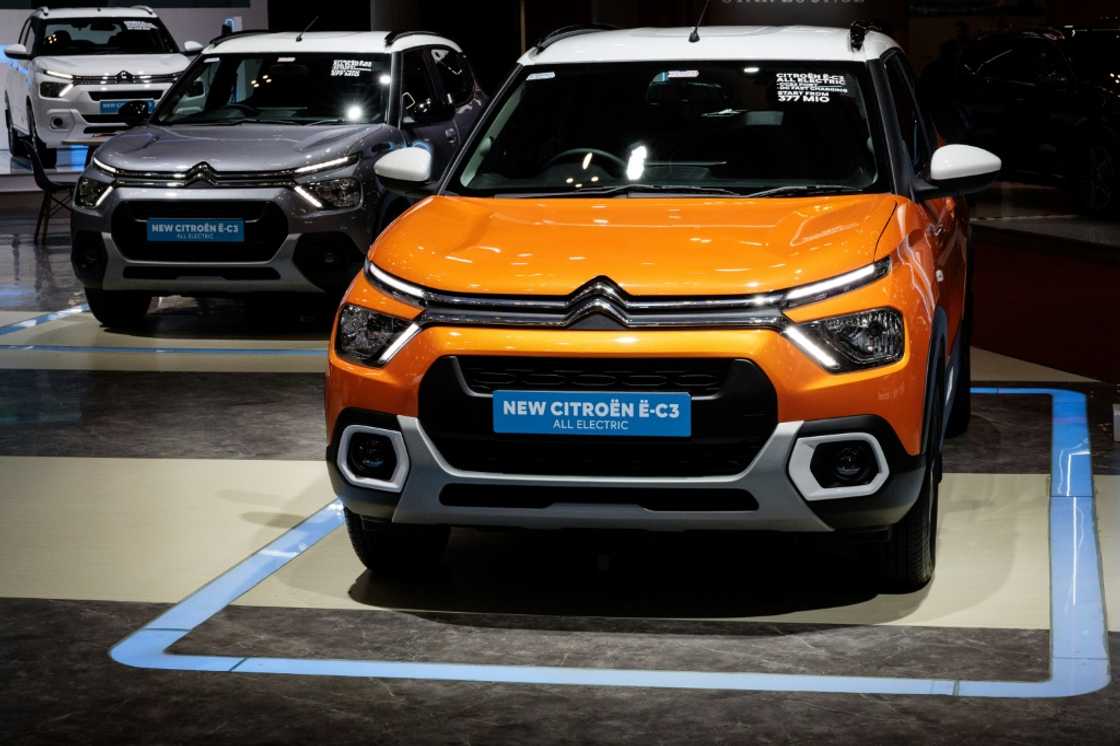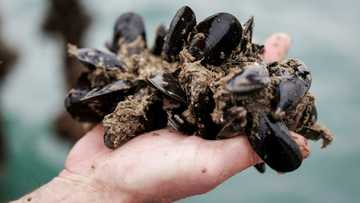EV transition worries French car industry workers

Source: AFP
As France faces a 2035 deadline to phase out new combustion engine cars, workers in the industry worry their days might be numbered too.
While there is plenty of optimism in certain regions of France, in particular in the north of the country where a "Battery Valley" is emerging, workers at parts suppliers elsewhere are pessimistic.
With the sale of new cars with petrol and diesel engines allowed for only the next decade in Europe, the industry that employs 200,000 people in France faces a forced march to change.
"The transition (to electric vehicles), it could have been done when Walor bought us but they didn't invest," said Severine Person, a quality control expert at the company's facility in the town of Vouziers in France's northeastern Ardennes region.
Walor bought the facility in 2018. Its production of connecting rods for tractors and trucks is not threatened by the shift to EVs, but demand for transmission differential housings and engine manifolds is likely to see big changes.
Walor was bought out last year by a German fund that specialises in turning around struggling firms and is looking to sell the site in Vouziers and another nearby.
PAY ATTENTION: Share your outstanding story with our editors! Please reach us through info@corp.legit.ng!
"Before, Citroen would distribute work to everyone in the Ardennes. They didn't go to the other side of the world to get parts," said Bruno Bodson, a shop steward with the CFDT trade union.
Person and her colleagues are resigned to the factory's likely closure given its shrinking order book.
But the mood is different in the north of the country where a number of battery "gigafactories" are being built, including that of the Automotive Cells Company (ACC) in Douvrin.

Source: AFP
The joint venture includes automakers Stellantis and Mercedes along with French oil and gas giant TotalEnergies.
ACC built its massive battery plant on the site of a factory that makes engines for Stellantis, whose cars include storied French brands Citroen and Peugeot.
Stellantis said the location was chosen to respond to a "social need" to retrain the factory's employees. Staff numbers have fallen from around 5,000 in the 1980s to 700 today.
At the joint venture's battery training centre, Stellantis-Douvrin employees receive 12 weeks of training on how to oversee the highly-automated production lines in the battery factory.
Opportunity to offshore
According to Plateforme automobile (PFA), a trade association which unites the firms in the sector, by 2026 some 17,000 jobs should be created in the gigafactories making batteries and facilities to recycle them.
While the intention is to recruit heavily from the sector, it is unclear if it will be enough to avoid many workers being left out in the cold.
The latest study conducted by the French metalworking industry, in 2021, found that the transition to EVs put 65,000 jobs in the sector at risk by 2030.
Bernard Jullien, an economist and researcher who is an expert on the French car industry, puts the job losses from shifting from petroleum-fuelled to electric engines in the auto parts sector at 40,000 over the horizon of 10 to 15 years.
The impact could be reduced by the fact that many workers in the industry are nearing retirement.
Ludovic Bouvier, a regional leader of the CGT metalworkers union, worries car manufacturers and their suppliers will follow the playbook of the steel industry.

Source: AFP
With the industry under fierce pressure to cut costs, "the announcement by Europe of the end of internal combustion engines became the opportunity for manufacturers to offshore their production," he said.
Bouvier was mostly targeting Stellantis, which is producing its new Citroen mass-market electric hatchback in Slovakia. Renault is producing its R5 hatchback in France.
A recent study by two climate groups found that the lower human labour needed to manufacture electric vehicles could favour making small cars in Europe.
But for the economist Jullien it is more likely that the electrification of cars will be accompanied by more offshoring, taking overall employment in the French auto industry down to 100,000 or even less.
PAY ATTENTION: Stay Informed and follow us on Google News!
Source: AFP





